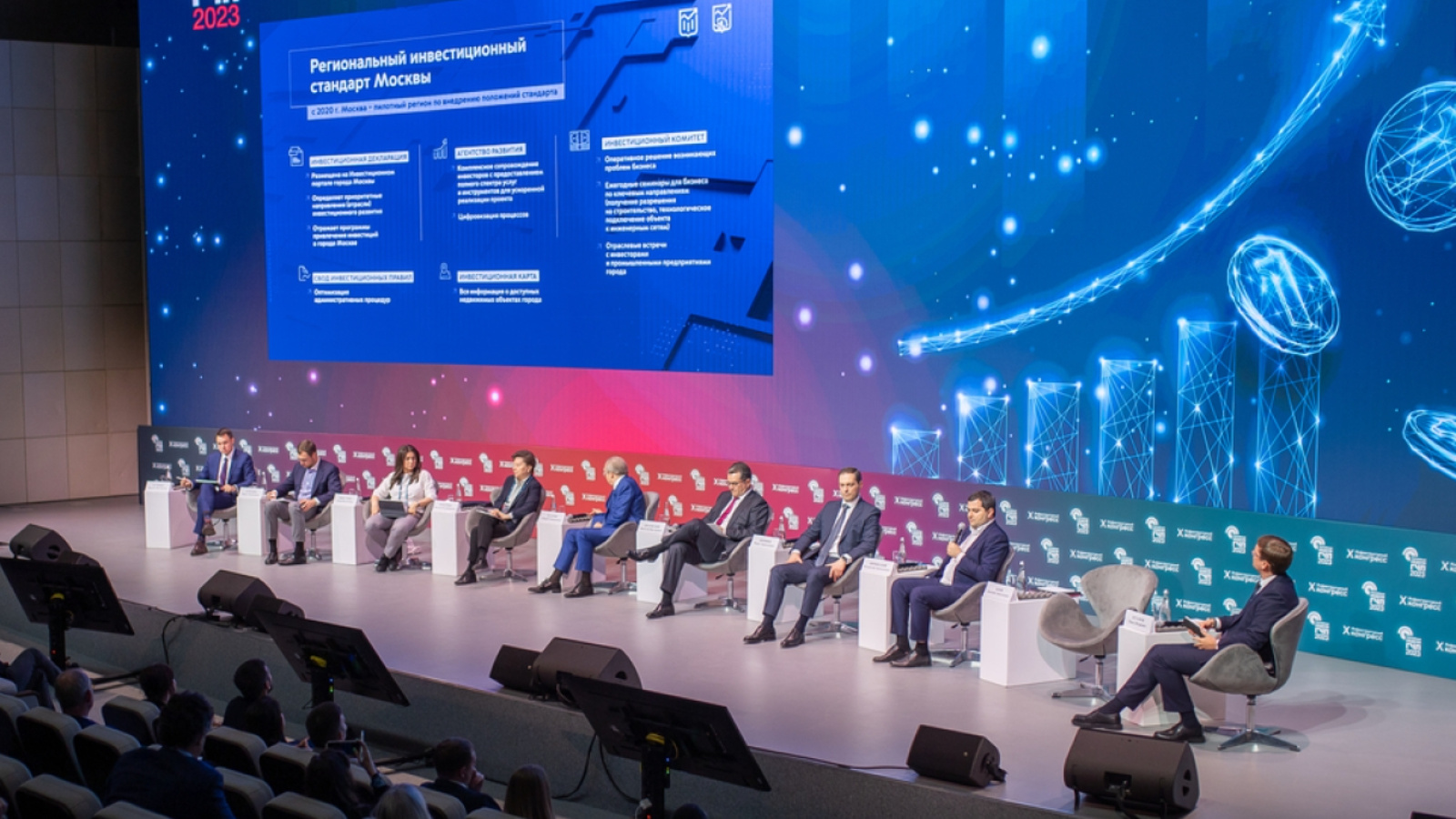Russian PPP Week: current trends

In the last week of September, the Lomonosov Science and Technology Center came into the spotlight thanks to the Russian Public-Private Partnership Week. From the 26th to the 29th, the cluster became a unique platform for building a live dialogue and sharing experience in the field of PPP. About 1,200 people attended the event, and about 7,000 spectators watched the process online. The organizers of the congress were the ANO National PPP Center and the State Development Corporation VEB.RF.
The business program covered a wide range of issues. Over the course of four days, 10 expert sessions and master classes were held, more than 30 dialogue platforms were held, where the main trends and problems of PPP were discussed: agreements on the protection and promotion of investments (IPC), improving the mechanisms of offset contracts, legislative amendments, the investment standard and infrastructure bonds.
The mechanism for protecting investments was actively discussed - an agreement between the investor and the state, ensuring the invariability of the legal regime for up to 20 years and guaranteeing the absence of application of laws unfavorable to the project. Currently, 61 agreements worth 3.1 trillion have been concluded. rubles, almost 1 trillion has been invested, and new applications are received regularly.
The SZPK is beneficial due to a significant reduction in risks: the investor gets the opportunity to stabilize the legislation in force at the time of signing the agreement. In addition, the SZPK is a universal mechanism and can be used in almost any industry for a fairly large project.
The next trend is offset contracts - regional transactions for the purchase of goods or services by an investor in exchange for his obligation to invest in the municipality. This mechanism contributes to the socio-economic support of the regions, but is especially relevant due to the possibility of import substitution and stimulating the market transition to domestic raw materials.
The trend is young and unpopular - it is widespread only in Moscow, because it does not always guarantee the demand that the investor is counting on. The solution to the problem is to conclude interregional contracts - this is what the discussion was aimed at.
Through the congressional discussions, there was a request to improve the regulatory framework and abandon the idea of introducing a limit on budgetary obligations. We are talking about Federal Law 296, adopted in July and changing market regulation. The participation of the public side in projects is decreasing - this gives rise to a discussion of possible risks and the interest of using PPP mechanisms in general.
Raising the key rate also leads to a transformation of the PPP market, and questions arise about the role of banks in projects. According to the amendments, VEB.RF and state banks can now participate in projects by providing debt financing to businesses.
One of the significant topics of the congress was infrastructure bonds, launched about two years ago. Today they are already used in 23 regions of Russia. The mechanism helps the state to implement a wide range of infrastructure projects, and the investor to invest in them without conducting in-depth analyses.